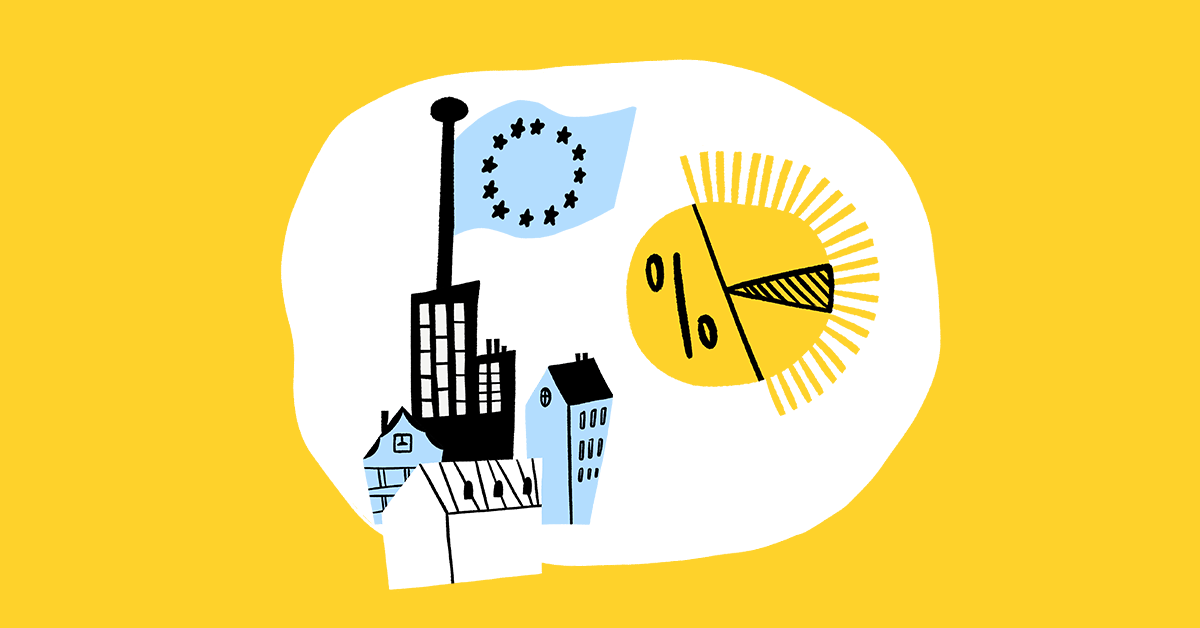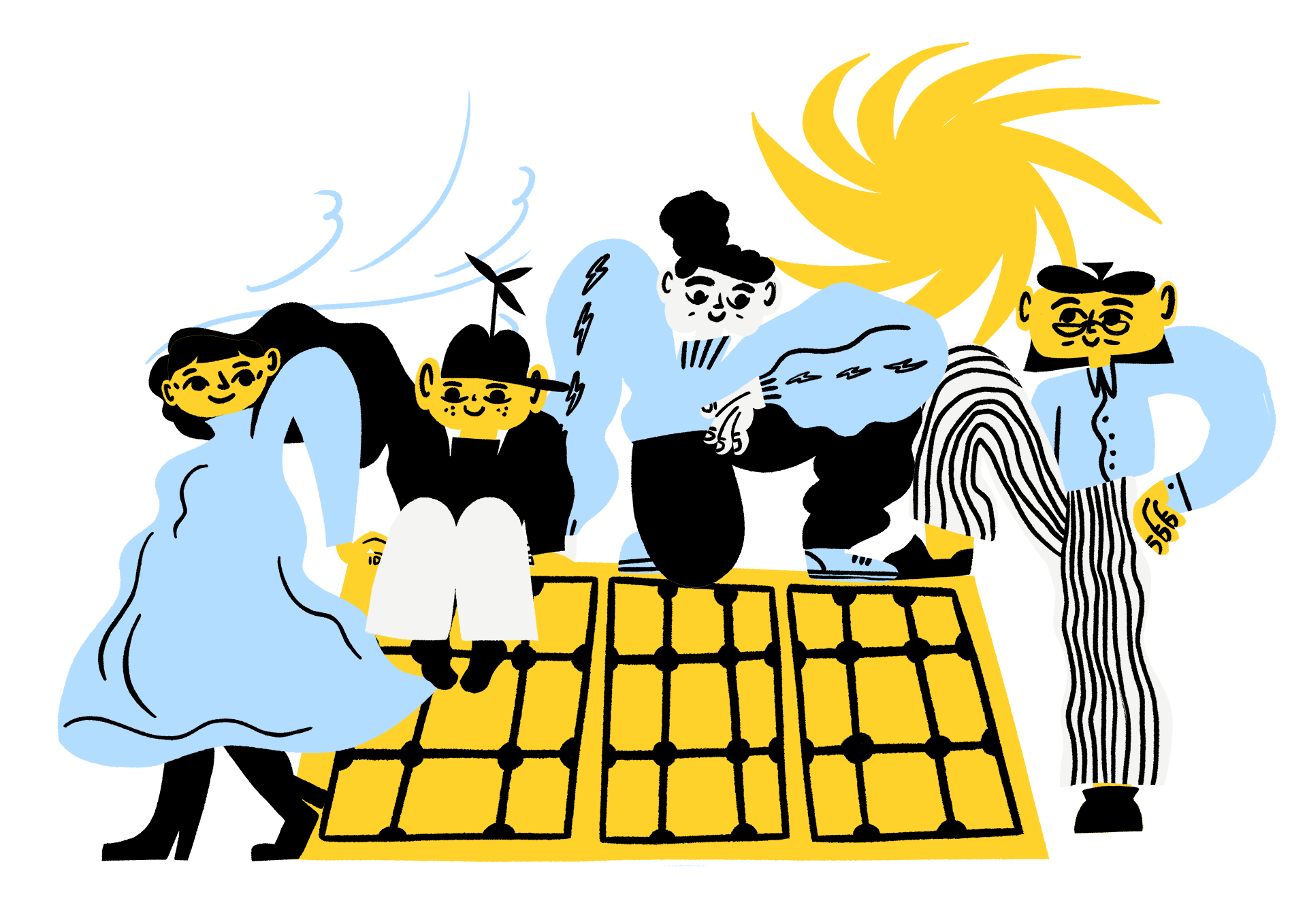A specter is haunting Europe — the specter of populism and polarization. And the green transition of energy risks becoming yet one more divisive issue within increasingly contentious societies. However, this development is not inevitable.
Identity politics, war, inflation, migration, economic reforms, managing the pandemic. The list of issues driving Europeans apart is long.
If the green transition is handled unjustly it will be added to the list, and to some extent it is already fuelling polarization. For example, the German government’s poorly communicated push to hastily phase out oil and gas boilers in households and to require people to install initially expensive heat pumps instead has divided the nation this autumn.
And yet, we still need haste in phasing out fossils in order to avoid climate disaster. What to do then?
To some Europeans, the green transition is already paying hefty dividends. For example, the operation costs of electric vehicles (EVs) are far lower than traditional combustion engine vehicles. And if an EV owner’s car and home charger has vehicle-to-grid features, a fairly decent profit can be made just by charging and recharging the car’s battery at the right time.
The payback period of the rooftop solar systems in detached houses have gone drastically down after Russia attacked Ukraine and the ensuing war spiked European electricity prices. However, even if both EVs and solar systems are saving their owners money in the long run, the high initial investment costs are a very substantial barrier to many of their fellow citizens.
To put it bluntly: just transition cannot be achieved by rushing policies on people that simply cannot afford the investment cost without financial support, for example, means-tested grants.
The research done by a multidisciplinary EU Horizon project called GRETA, GReen Energy Transition Action, shows that in addition to investment cost there are significant knowledge and other kinds of barriers like time constraint and living situation stopping citizens from participating in – and benefitting from – the green transition.
For example, only 25% of Europeans find implementing green energy solutions at home easy. And more concerningly, a multinational survey with approximately 10 000 participants across 16 EU countries reveals that 40% of people find it extremely complex to figure out how much they spend on energy.
However, the survey data and GRETA’s six case studies in Italy, Spain, Portugal, Germany and the Netherlands clearly show that there is great potential in involving citizens in the energy transition. Our analysis shows that almost all Europeans can embrace energy-saving practices and sustainable energy use, if provided with support and energy information in a way that addresses individuals’ and communities’ unique needs.
Instead of polarizing societies further, greater engagement of citizens can lead to socio-technical and socio-political innovations. A good example of this is Coopérnico, a Portuguese renewable energy cooperative that crowdfunds solar photovoltaic installations and the only non-profit energy trader in the country. Its success is largely based on active citizens promoting the cooperative and an enabling policy environment that, among other things, allowed peer-to-peer energy trading early on.
In principle the European Green Deal already aims to involve citizens in the process. However, it lacks concrete tools to make it happen and to make the transition work for all. For example, there are too few policy incentives that acknowledge and compensate for time and financial resources below the threshold of formalized Citizen Energy Communities (CECs) or Renewable Energy Cooperatives (RES) producing, consuming, storing and even selling their own energy. These everyday activities include adopting sustainable transportation and practicing energy efficiency at home among other things.
The research also highlights the importance of energy intermediaries operating on local and regional levels paying special attention to vulnerable communities in order to eliminate financial and information obstacles to becoming energy citizens.
One new and effective instrument to be added in the toolbox of equitable transition is Energy Citizenship Contracts (ECC). For example, in Pilastro-Roveri district of Bologna, Italy, broad involvement of various stakeholders from association and city agencies as well as business and local policymakers built the basis for the formation of an energy community and increase of energy citizenship initiatives. The creation of ECC with discussed and agreed sustainability goals has fostered a sense of ownership and collective commitment in otherwise socio-economically highly diverse city areas.
The European parliamentary election in June and the ensuing work programme of the new commission is a chance to make the green transition inclusive and cohesive. Let’s not allow this change to go to waste and create bad energy between Europeans.
Associate Professor Annika Wolff at LUT University, Finland, the director of the EU Horizon project GRETA, GReen Energy Transition Action

